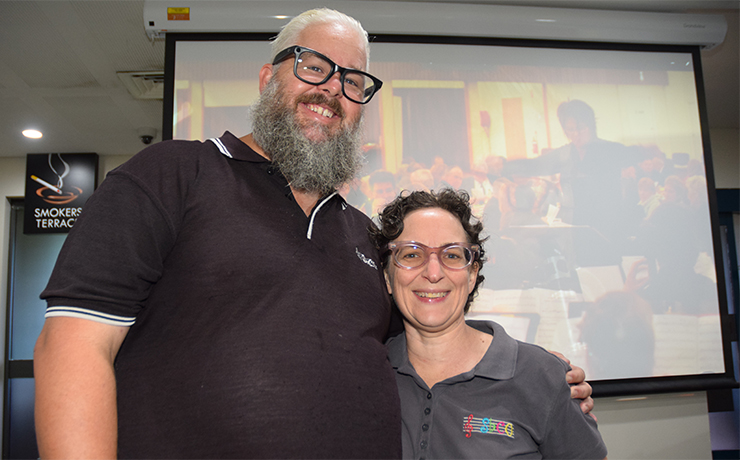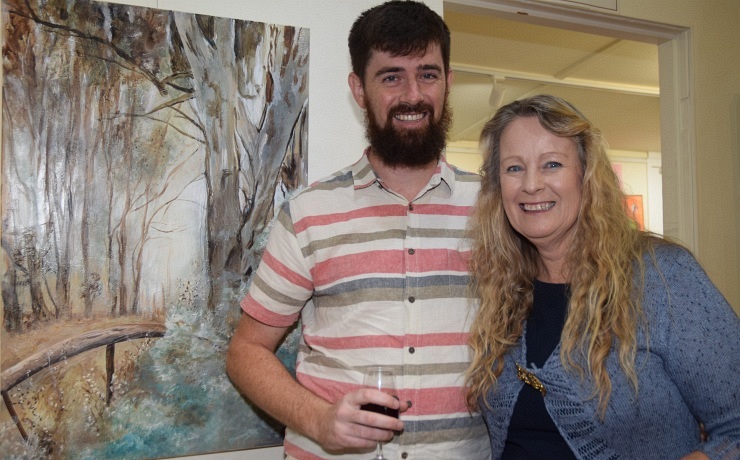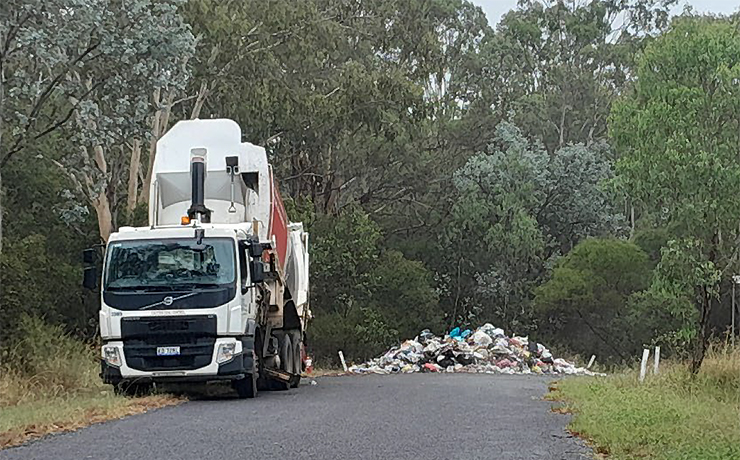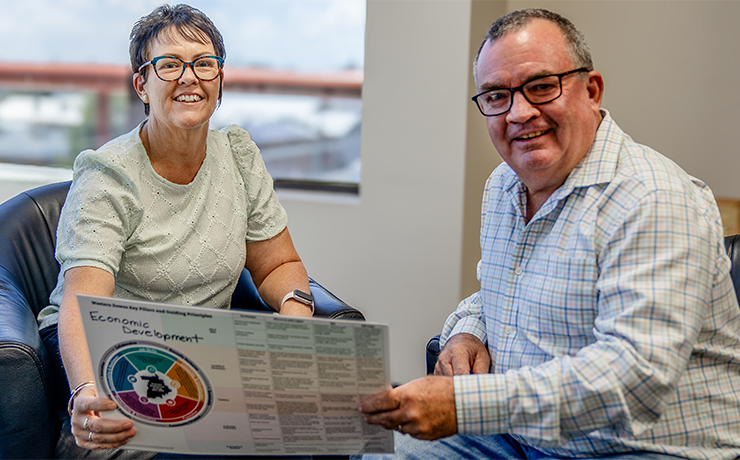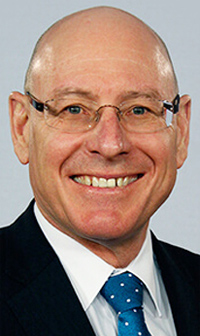
June 7, 2017
Queensland Health has promised to implement all recommendations from an Ombudsman’s report aimed at improving the administration of the Patient Travel Subsidy Scheme.
Director-General Michael Walsh said a working group had been established to deliver on the recommendations handed down by Ombudsman Phil Clarke.
This work is expected to be completed by the end of the year.
The report has made a range of recommendations to reform the scheme to make it more equitable and consistent across the State.
At the moment, applications for assistance are assessed separately by individual Hospital and Health Services which means a patient’s experience could differ depending on where they live.
Queensland Health says it spends about $80 million a year helping about 70,000 people travel to and from specialist appointments.
But the system is frequently the target of criticism by patients who point to lengthy delays in reimbursements and multiple application forms.
Mr Clarke said Queensland Health had conducted four reviews or audits of the scheme since 2010 to improve its administration but many of the recommendations from these reviews had not been implemented.
The fact that issues identified in 2010 still had not been addressed was a “significant administrative failure”, he said.
However, Queensland Health says the State Government has invested an extra $106 million in the scheme over the past four years.
“Travelling for treatment when you’re sick is never anyone’s preferred option,” Director-General Walsh said.
“But in a State like Queensland it’s an essential part of ensuring people receive the best possible care.
“We welcome the Ombudsman’s report and we have already established a project group and begun looking at ways we can improve the scheme’s administration.
“The work to implement the recommendations will be complete by the end of the year.”
* * *
Currently Queensland Health provides assistance to people in rural and remote areas of the State who have to travel more than 50km for specialist medical services that are not available locally.
The Patient Travel Subsidy Scheme helps with travel and accommodation costs.
According to the QH website, subsidies are available for “clinically appropriate and cost-effective” types of transport, including air, rail, bus or private motor vehicle.
Only the cheapest form of public transport (ie. bus or rail) will be subsidised unless the patient is approved for a more expensive type of transport (ie. air).
An approved escort may also be eligible for a subsidy to accompany the patient.
Travel subsidies:
- Commercial (air, bus or rail) – Fully paid at lowest available discount fare
- Private vehicle – $0.30 per km
Accommodation subsidies:
- Commercial – $60 per person per night
- Private (family or friends) – $10 per person per night
Patients and escorts pay the first four nights of accommodation per financial year unless eligible for a reduced contribution.















